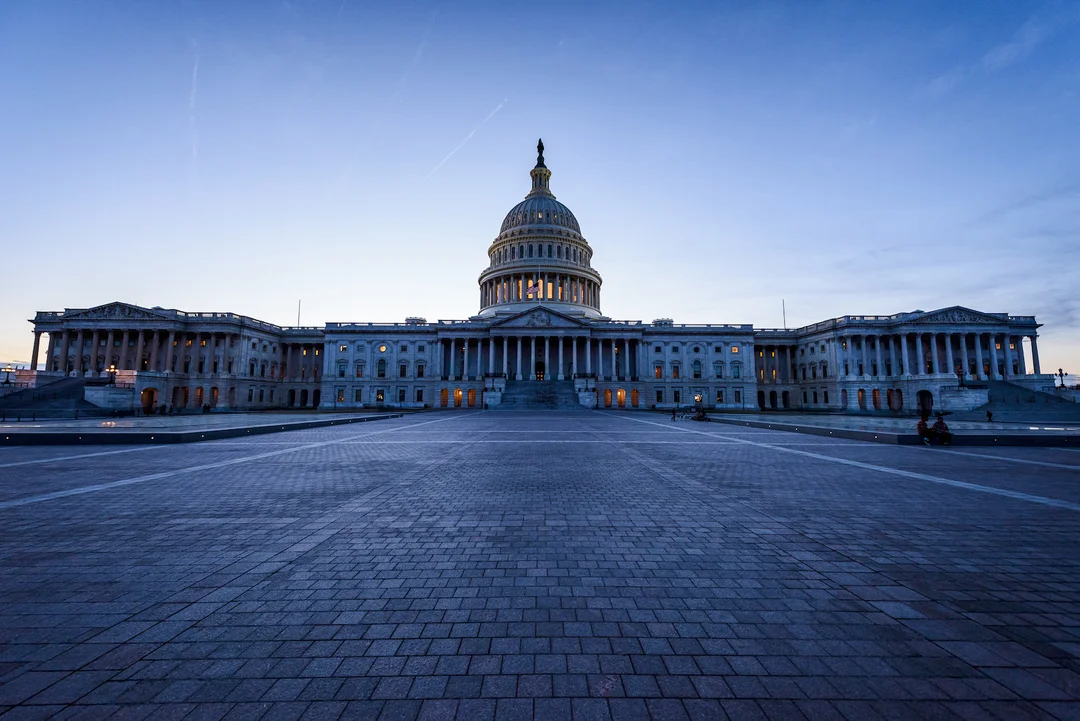The election of Donald Trump has created widespread anxiety among Immigration Plans communities, particularly given his campaign promises
The immigrant community in the United States faces a challenging landscape marked by potential mass deportations and stricter immigration enforcement policies. These developments raise concerns about their human impact, legal implications, and the strategies communities can use to resist and adapt to these changes.
Immigration Plans Current Landscape
The U.S. immigration landscape has grown increasingly complex as federal authorities prioritize enforcement. This approach has profound implications for communities, particularly those with mixed immigration statuses.
Community Impact
For the approximately 19 million Latinos in immigrant households, the risks are multifaceted. A third face potential family separation due to immigration enforcement, including U.S. citizen children who may be separated from undocumented parents. The intricacies of mixed-status families, where members have varying legal protections, underscore the human cost of these policies. The fear and instability resulting from enforcement affect not just individuals but entire communities.
Demographic Reach
The estimated 11 million undocumented immigrants targeted by enforcement efforts are not a homogenous group. Many have lived in the U.S. for years, contributing economically and socially to their communities. These individuals often have deep ties to their local communities, including family members, jobs, and property ownership, complicating the narrative of enforcement and removal.
Policy Implementation Challenges
Efforts to enforce mass deportations face significant hurdles, including legal resistance, state and local opposition, and logistical complexities.
Legal Resistance
Organizations like the American Civil Liberties Union (ACLU) have pledged legal challenges against policies they deem unconstitutional or inhumane. Many states and cities, including sanctuary jurisdictions, continue to resist federal enforcement mandates by passing local laws and policies aimed at protecting undocumented residents. These measures often include limiting police cooperation with federal immigration authorities and maintaining access to local services for all residents, regardless of status.
Sanctuary Jurisdictions
Cities like Los Angeles, New York, and San Francisco exemplify sanctuary jurisdictions. These municipalities have enacted measures to limit local law enforcement’s involvement in immigration enforcement, protect access to city services, and allocate resources to legal defense funds for immigrants facing deportation.
Institutional Response
State-level actions, such as California’s legislative efforts to protect immigrants, highlight the growing divide between federal policies and local priorities. Many states have allocated resources to provide legal defense for undocumented immigrants and ensure access to basic services for all residents.
Federal-Local Tensions
The tension between federal enforcement priorities and local resistance often results in resource allocation conflicts. For instance, federal funding for grants and emergency assistance can be withheld from jurisdictions that fail to comply with immigration enforcement. This creates challenges for local governments already burdened by housing, social services, healthcare, and education needs for vulnerable populations.
Community Response
Amid these challenges, immigrant communities and their allies are organizing to provide support and develop protection strategies.
Support Networks
Community organizations play a critical role in assisting immigrants. Legal clinics and pro bono attorneys help individuals review their documentation, verify their immigration status, and prepare for potential emergencies. Rights education workshops empower individuals to understand their legal protections and how to respond during encounters with immigration authorities.
Social Support
Beyond legal help, social services offer vital aid. Mental health resources, family planning assistance, and emergency networks are crucial for maintaining stability during periods of uncertainty. These organizations also assist in fostering resilience, helping families prepare for the worst while advocating for systemic change.
Political Context
The political climate surrounding Immigration Plans enforcement reflects deep divisions within the U.S. electorate.
Latino Vote
Latino voters are not a monolith, with some supporting stricter enforcement policies. For instance, 45% of Latinos expressed support for former President Trump in the 2024 election cycle, highlighting internal divisions within the community. This shift reflects broader debates over border security, iImmigration Plans reform, and public safety.
Policy Support
Public opinion on Immigration Plans enforcement remains divided. While some voters advocate for stricter policies, others emphasize comprehensive reform and pathways to citizenship, particularly for long-term residents and families with mixed statuses.
Future Scenarios
The outcomes of stricter Immigration Plans enforcement will depend on the interplay of federal actions, local resistance, and community responses.
Enforcement Reality
The scale of proposed deportations faces significant obstacles, including resource limitations and legal challenges. Coordinating enforcement on a massive scale is logistically daunting, and resistance from sanctuary jurisdictions may limit its reach.
Community Impact
The potential for family separation, economic disruption, and long-term social consequences cannot be overstated. Deportations risk tearing apart families and destabilizing communities, with ripple effects on schools, workplaces, and neighborhoods.
Protection Strategies
Immigration Plans communities are actively preparing for potential challenges. Individuals are encouraged to review documentation, verify immigration status, and make emergency plans, including care arrangements for children. Immigration Plans Community resources like legal aid organizations and social service providers offer crucial support to mitigate the impact of enforcement policies.
As Immigration Plans enforcement policies intensify, the stakes are high for millions of immigrants and their families. While federal efforts to implement mass deportations face significant challenges, the human impact remains severe. Communities are mobilizing to provide support, resist harmful policies, and advocate for systemic reform. Balancing enforcement with compassion and practicality will be key to addressing the complexities of immigration in the United States.











